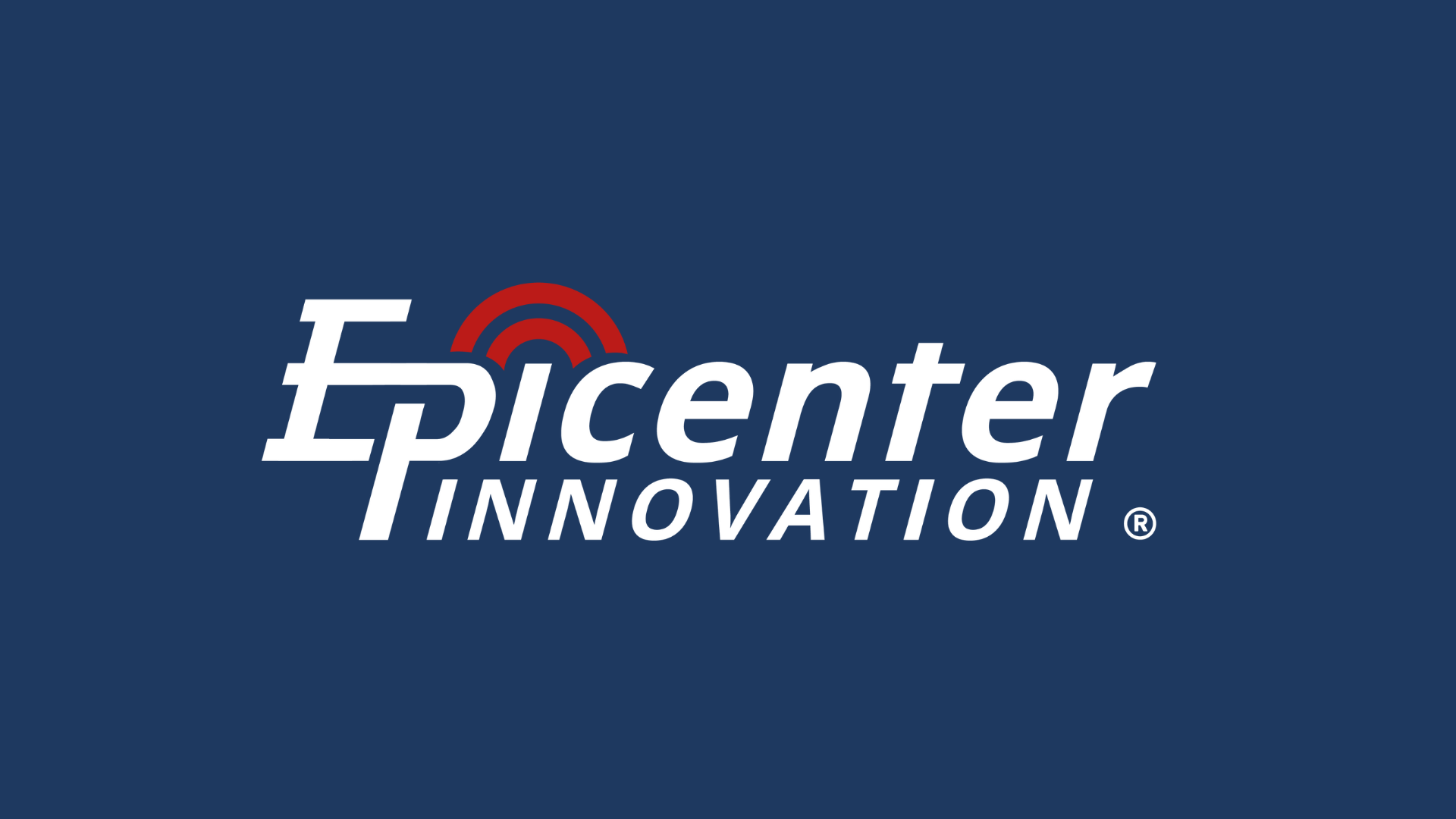Comparing Assessments
RITA & 16pf®
Understanding personality traits and leadership potential is crucial for personal and professional growth. Two popular tools used for assessing personality and leadership potential are the Resilience Innovator® Type Assessment (RITA) and 16 Personality Factor Questionnaire (16pf®). In this article, we will compare and contrast these two assessments, exploring their similarities and differences and their potential applications in personal and professional contexts.
What is 16pf®?
16pf® is a personality assessment tool developed by Raymond Cattell and his colleagues that identifies an individual’s personality traits based on 16 primary factors. These primary factors are grouped into five global factors: Extraversion, Anxiety, Tough-Mindedness, Independence, and Self-Control. Each primary factor represents a different aspect of personality, and each has its unique strengths and preferences.
How Can I Use 16pf®?
16pf® can be used in various personal and professional contexts, such as career development, leadership development, and team building. It can help individuals understand their natural personality traits, identify areas for growth, and develop strategies to enhance personal and professional effectiveness. It can also help organizations build stronger teams by leveraging each individual’s unique personality traits and creating a more productive work environment.
What is RITA?
The Resilience Innovator® Type Assessment (RITA) is a personality assessment tool. It identifies an individual’s Resilience Innovator® archetype, of which there are ten. These archetypes represent different approaches to resilience, problem-solving, and innovation, with each type having its unique strengths and preferences.
How Can I Use RITA?
RITA is specifically designed to assess an individual’s resilience level and innovation style and can be used in various contexts, such as innovation and entrepreneurship training, organizational development, and leadership development. It can help individuals understand their reactions to stressful environments, their natural innovation tendencies, their strengths in the innovation process, and their areas for growth. It can also facilitate effective teamwork and collaboration by bringing together individuals with complementary innovation styles.
How are RITA and 16pf® similar?
Both RITA and 16pf® have elements of a personality assessment. The Resilience Innovator® Type Assessment assesses personality traits and gives a typology to explain the aggregation of those traits in an individual. Similarly, 16pf® measures and assesses personality traits in an individual and provides an output that explains the levels of those traits in an individual. Both are also associated with the Five-Factor Model of Personality, though 16pf® relies less heavily on it than RITA does. Lastly, both are used in professional contexts to identify leadership potential in candidates and employees.
How are RITA and 16pf® different?
- Focus: 16pf® focuses on a unique set of personality traits that are general to one’s persona in and out of the workplace. RITA is specifically designed to measure a person’s traits related to resilience and innovation, both areas of personality that give indications about a person’s relationship to stress and pressure.
- Number of Factors: The Resilience Innovator® Type Assessment has ten archetypes on five different dichotomies (based on the Five-Factor Model of Personality), while 16pf® has 16 primary factors that are grouped into five global factors.
- Depth of Assessment: 16pf® provides a detailed assessment of an individual’s personality traits, with practical tips for enhancing personal and professional effectiveness. The Resilience Innovator® Type Assessment provides a comprehensive assessment of an individual’s innovation style and level of resilience, with detailed descriptions of each archetype’s characteristics, strengths, and weaknesses. It also provides insight into how to improve the resilience and innovation of the individual and those around them.
In conclusion, the Resilience Innovator® Type Assessment and 16pf® are two valuable assessment tools that provide insights into an individual’s natural tendencies and leadership potential. They have different focuses, contexts, and depths of assessment, making them suitable for different personal and professional contexts. Individuals and organizations can choose the assessment tool that best aligns with their specific needs and goals for personal or professional development.
About Epicenter INNOVATION
Epicenter Innovation® is an award-winning professional services firm driven by human-centered, resilience-focused innovation. Our team is here to help you implement a proven framework for creating impact & unlocking the potential of your people.
We’re the connective tissue between organizations that produce technology and those in the field using it. By working on both sides of the public/private-sector divide, we serve as translators & change-makers at all phases of the disaster management lifecycle – driving human-centered, resilience-focused innovation before, during, and after major incidents.
How Can We Help Your Organization?
Book a Call With the Epicenter Innovation Team
Read More
Top 10 Tips to Increase Personal Resilience
Inrceasing your resilience shouldn't be hard, but where do you start? We've got some easy ways to get you going on your resilience journey.
Top 10 Tips for Making Your Team More Innovative
Innovation is vital to having your work make an impact, but it shouldn't be hard. These ten easy tips will help foster an innovation culture for your team to thrive.
Exploring Innovation in Resilience-Building Practices
We've known for a while that resilience and innovation go hand-in-hand. But how? Learn in this short article.


